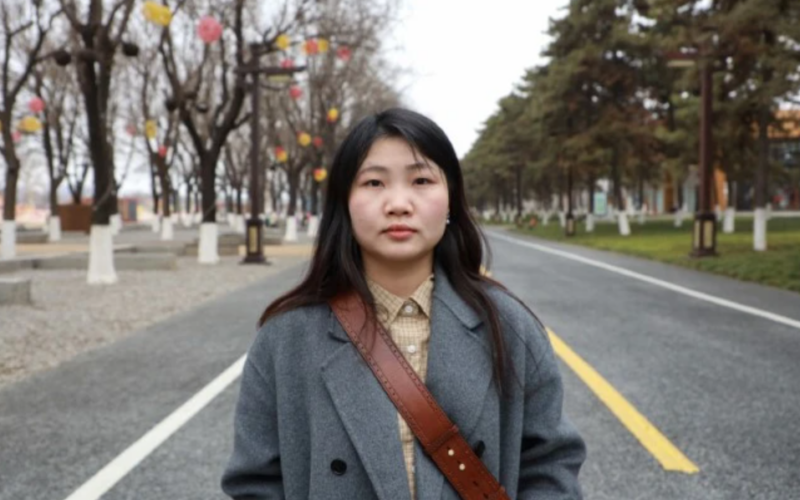In a cultural shift challenging traditional norms, an increasing number of Chinese women are choosing to forego marriage and children, opting instead for a path of independence and self-determination. Spearheading this movement are educated, career-oriented women like Chai Wanrou, a freelance copywriter in Xian, who view marriage as an unjust institution fraught with sacrifices and limitations.
The backdrop to this societal transformation is a landscape of economic instability and political rhetoric urging for a resurgence in marriage and childbearing. Despite government initiatives aimed at promoting a “new culture of marriage and childbearing,” including pledges to foster a more family-friendly environment, many women are turning away from conventional domestic aspirations.
President Xi Jinping’s call for cultivating a robust familial structure clashes with the growing sentiment among women, particularly in urban centers, who reject the societal pressure to conform to traditional gender roles. With China’s single population reaching record highs and marriage registrations experiencing a decline, the nation grapples with shifting attitudes towards matrimony and parenthood.
While marriage remains a cultural milestone in China, the average age of first marriage continues to rise, indicative of changing societal values and priorities. Women, in particular, cite disillusionment with patriarchal family dynamics, a scarcity of “enlightened” male partners, and a desire for personal autonomy as driving forces behind their decision to remain single.
Online platforms have become havens for single women seeking solidarity and support, with hashtags like “No marriage, no children” garnering widespread attention. The rise of anti-marriage forums and discussions on “singleism” underscores a growing sense of community among those who embrace alternative lifestyles.
Moreover, demographic imbalances resulting from decades of the one-child policy contribute to the challenges of finding compatible partners. With an oversupply of highly educated women and a shortage of similarly educated men, gender dynamics are further complicated, leading to a reevaluation of traditional relationship norms.
While not all women identify as feminists or actively resist governmental directives, their choices reflect a broader trend of female empowerment through individual autonomy. As more women prioritize personal fulfillment over societal expectations, China faces the prospect of demographic shifts that challenge long-standing demographic goals.
In the face of economic uncertainty and social change, Chinese women are forging their paths, reshaping notions of family, marriage, and gender roles. Whether the government can reconcile its aspirations for population growth with evolving societal attitudes remains a pressing question as China navigates its demographic future.








